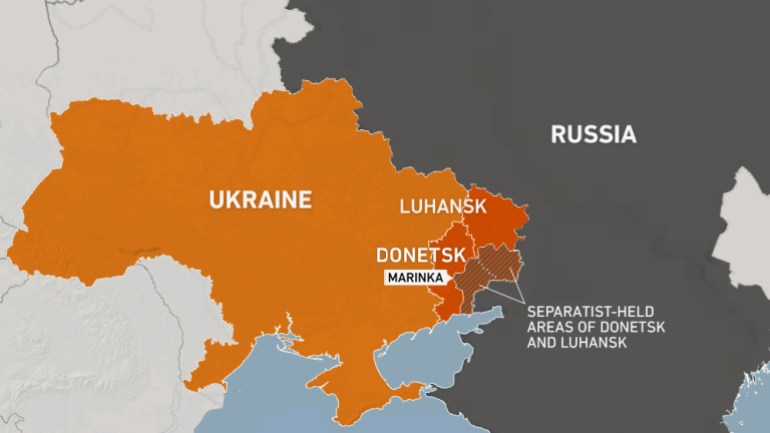In early July, when the
U.S. was fast-tracking the troop pullout from Afghanistan , President Joe Biden said, “America didn’t go to Afghanistan to nation-build”. He said the U.S. met its strategic objectives in Afghanistan — bringing Osama bin Laden to justice and disrupting al-Qaeda’s networks.
On August 31, the last day of U.S. troops in Afghanistan , Mr. Biden gave another statement, defending the pullout that led to a quick Taliban victory.
He argued that continuing American troops indefinitely in Afghanistan did not serve the U.S.’s national interest. According to Mr. Biden, the era of military operations to remake other countries is over.
Pragmatic realism
An establishment Democrat with decades of experience in foreign policy, Mr. Biden had been a supporter of the U.S.’s regime-change wars. As a Senator, he voted for the 2003 Iraq invasion. He was number 2 in the Obama administration that invaded Libya in 2011. But now, Mr. Biden is distancing his administration from the liberal internationalism of his predecessors and, in a way, following Donald Trump’s strategic reluctance.
Mr. Trump was the first American President in decades who did not start a new war. It was Mr. Trump who imposed trade tariffs on China ratcheting up tensions and reached a withdrawal agreement with the Taliban. While Mr. Trump reined in America’s interventionist tendencies and turned the foreign policy focus towards China, his approach was largely transactional and with contradictions. Except on climate change, Mr. Biden hasn’t revoked any of Mr. Trump’s key foreign policy decisions. Rather, he appears to be offering a strategic framework based on pragmatic realism to what Mr. Trump began — the geopolitical contest with China.
In 2001, President George W. Bush launched the ‘global war on terror’. Mr. Obama continued it and Mr. Trump used it to target the Iranian power in West Asia. But Mr. Biden doesn’t believe that it’s the U.S.’s responsibility to defeat terrorism globally. What is America’s vital national interest in Afghanistan? he asked on August 30. “In my view, we only have one: to make sure Afghanistan can never be used again to launch an attack on our homeland.”
In effect, Mr. Biden is re-interpreting the war on terror as a war focused on preventing more attacks on the American homeland. This approach would allow the U.S. to retreat from other conflict theatres, especially in the Muslim world, and refocus its resources on tackling China’s rise.
The AUKUS alliance
The withdrawal from Afghanistan raised credibility questions on America’s power. There were criticisms that the U.S. abandoned its ally in Afghanistan — the Kabul government. But in Mr. Biden’s new realist world, supporting the Afghan government or fighting the Taliban endlessly doesn’t serve any national security purpose to America. But tackling China’s rise is vital to America’s interests because an increasingly powerful China could challenge the U.S.’s global pre-eminence.
China has already established a domineering status in the Indo-Pacific. After completing the withdrawal from Afghanistan, the Biden administration did not waste any time to announce its most ambitious new alliance —
the AUKUS .
Under
the AUKUS deal , announced on September 15, Australia would get nuclear-powered submarines from the U.S. and the U.K. Australia will also host American bombers on its territory and get access to advanced missile technology. Mr. Biden, by convening the first Quad summit of leaders from India, Australia and Japan, in March had signalled where his focus would be on. But Quad, which has been around for some time, hasn’t acquired any security dimension yet.
AUKUS, on the other side, is Washington’s most emphatic effort to rebalance to the Indo-Pacific, a move that would harden the belief in Beijing that the U.S. was seeking to contain China. While Mr. Biden ruled out a new Cold War in his UNGA address on September 21, six days after the AUKUS announcement and three days before the first Quad in-person leaders’ summit, he left no ambiguity on what the focus of his foreign policy would be. It’s not war on terror; it’s not Russia, America’s traditional foe. It’s going to be China, and the new great power contest would unfold in the Indo-Pacific.
READ MORE...









































